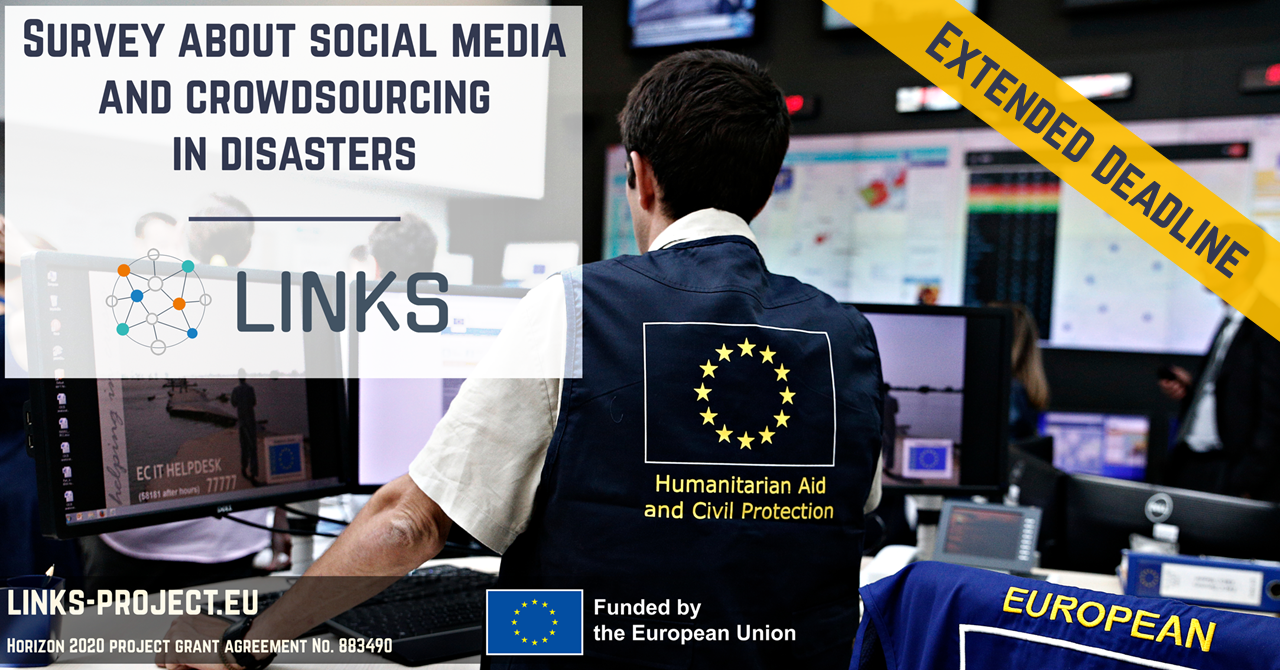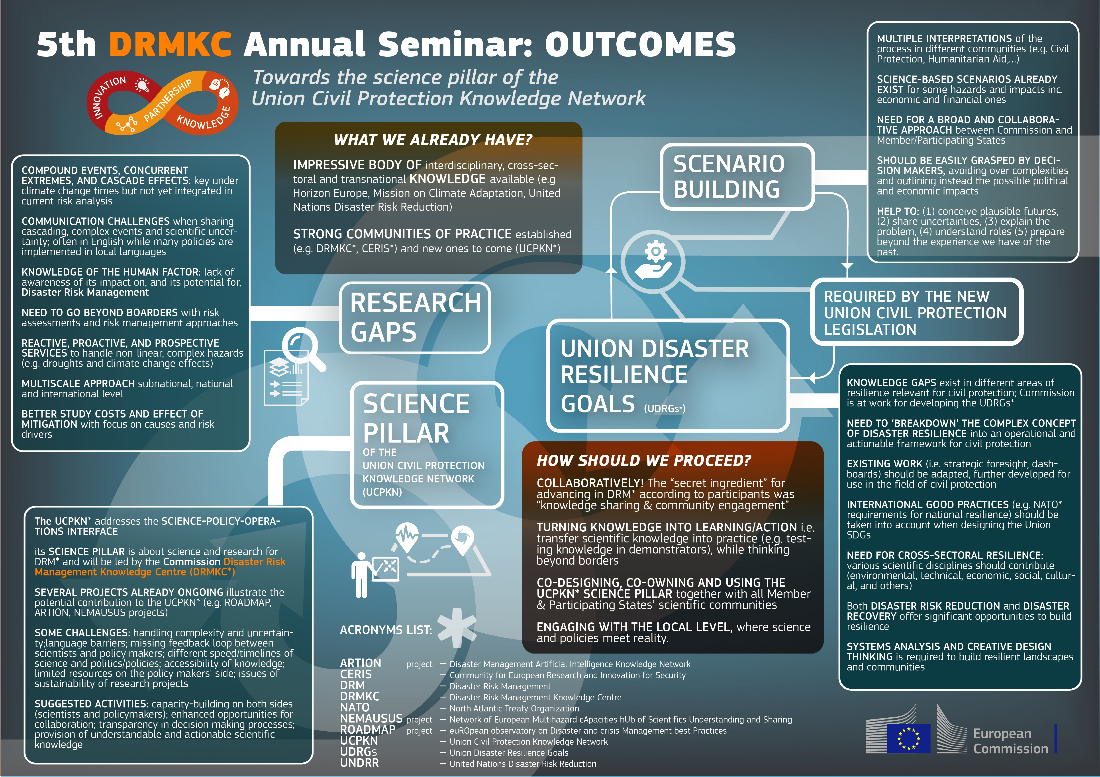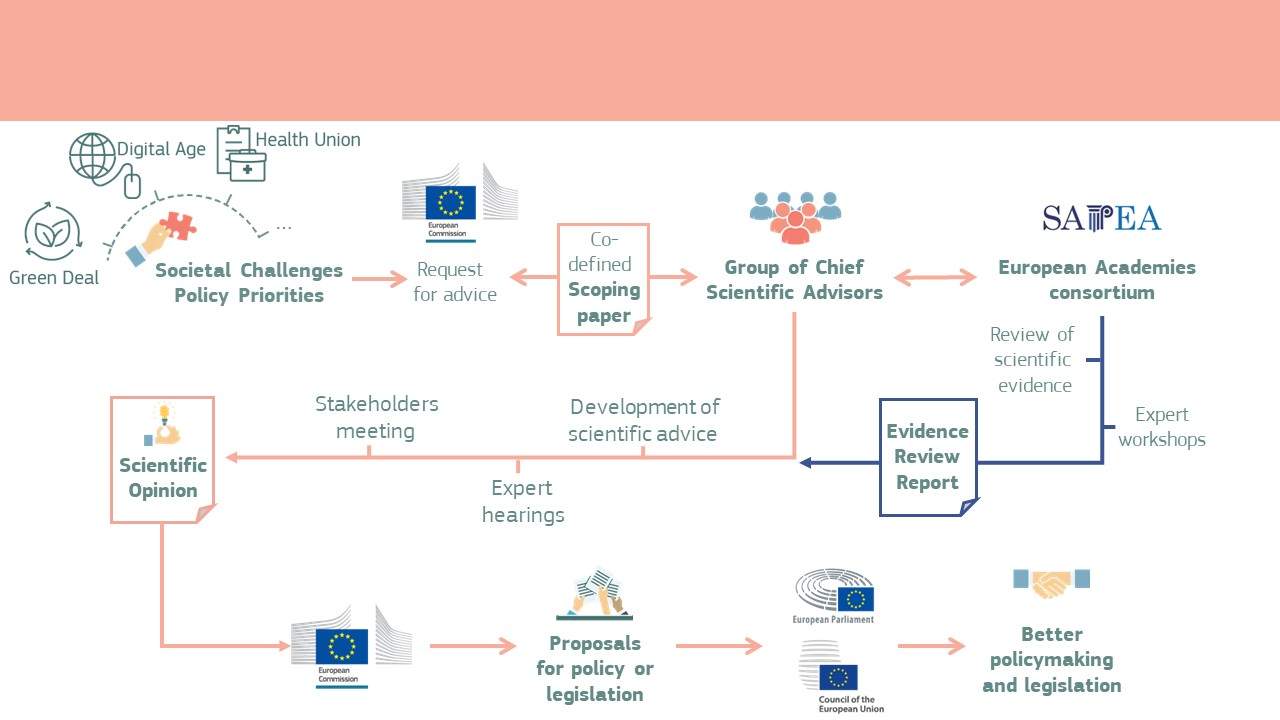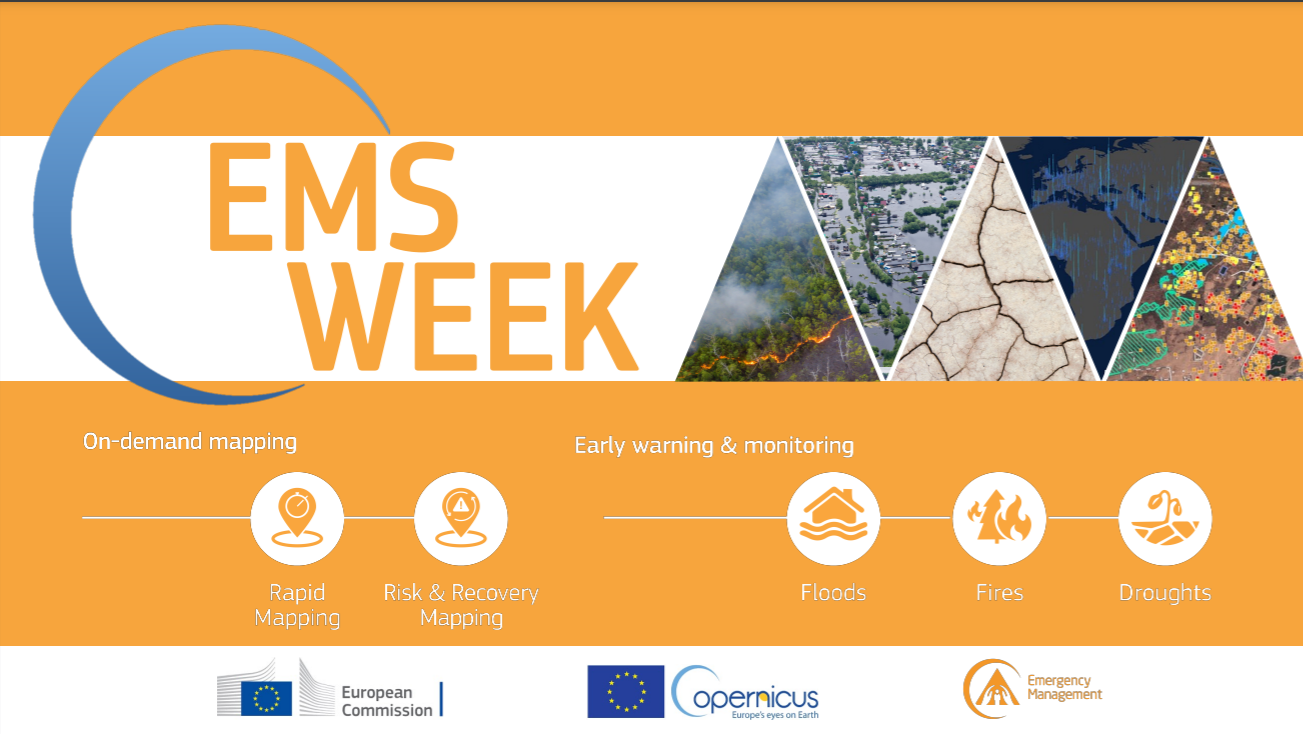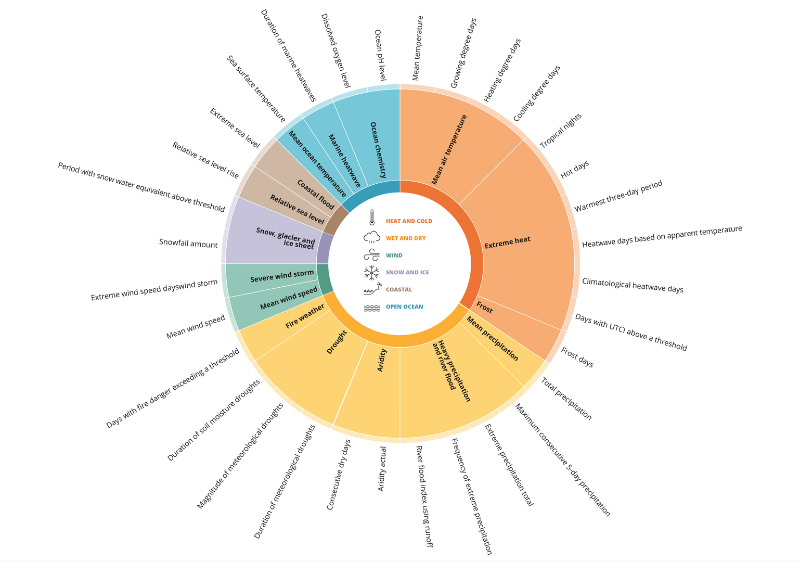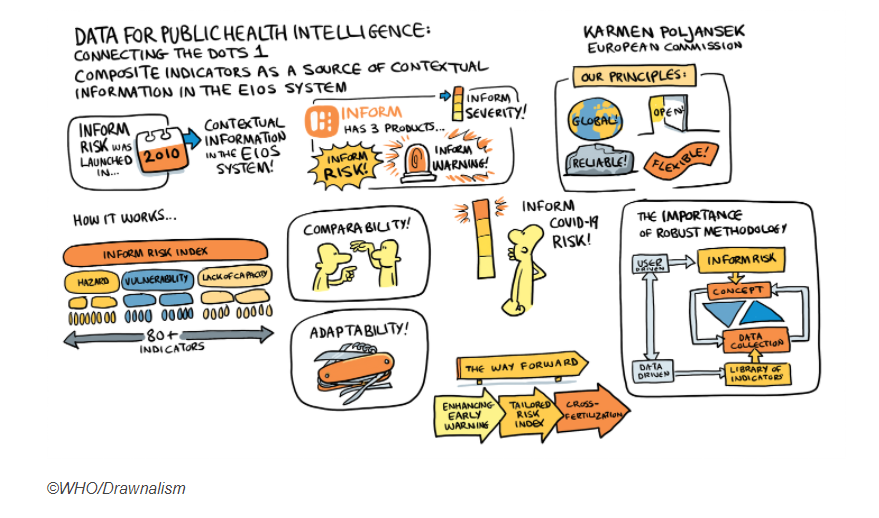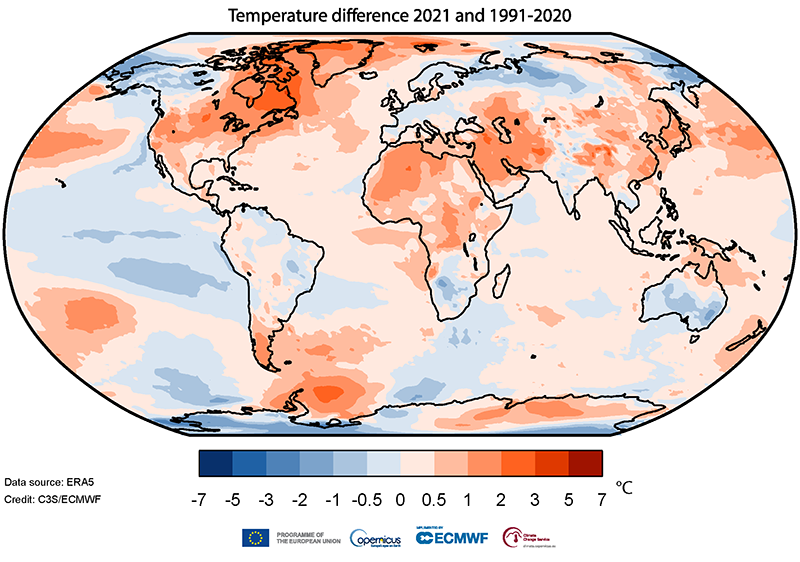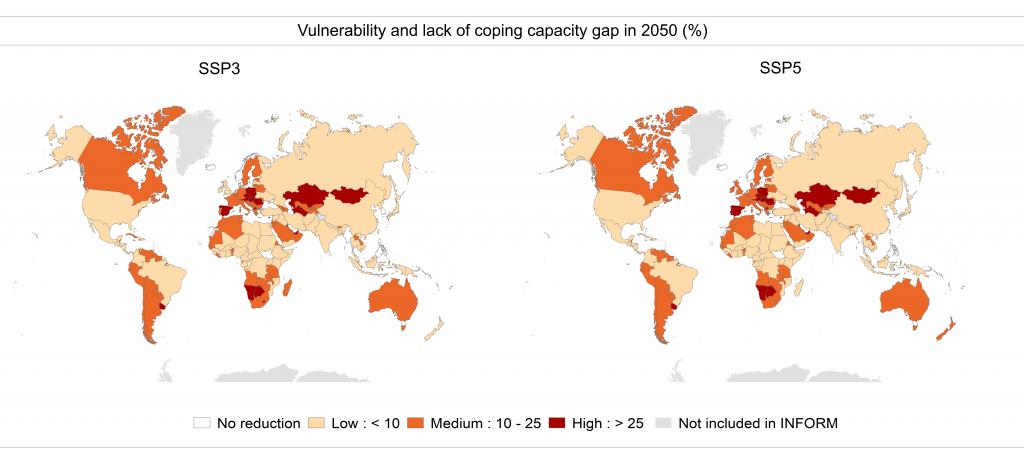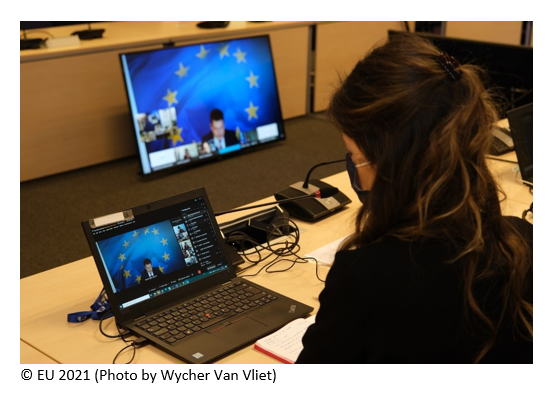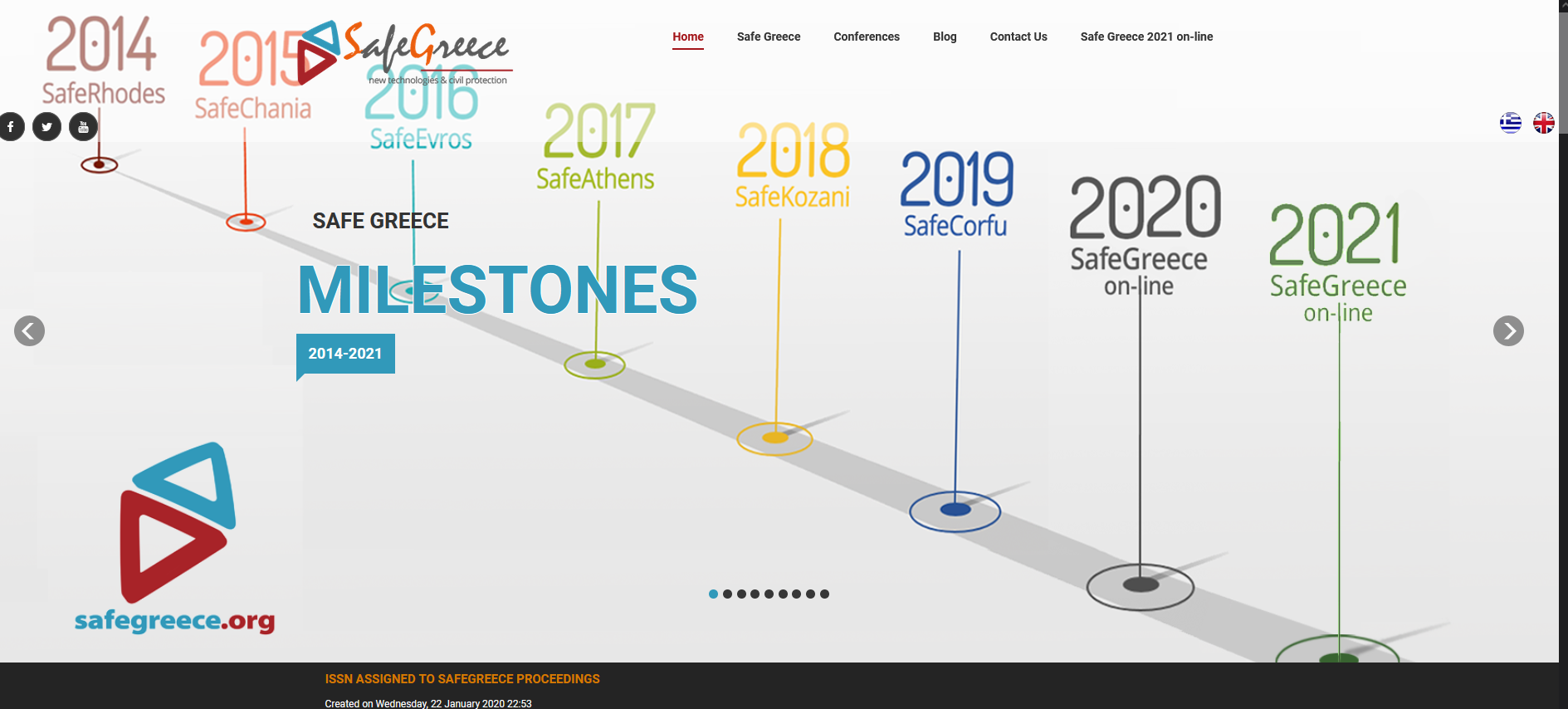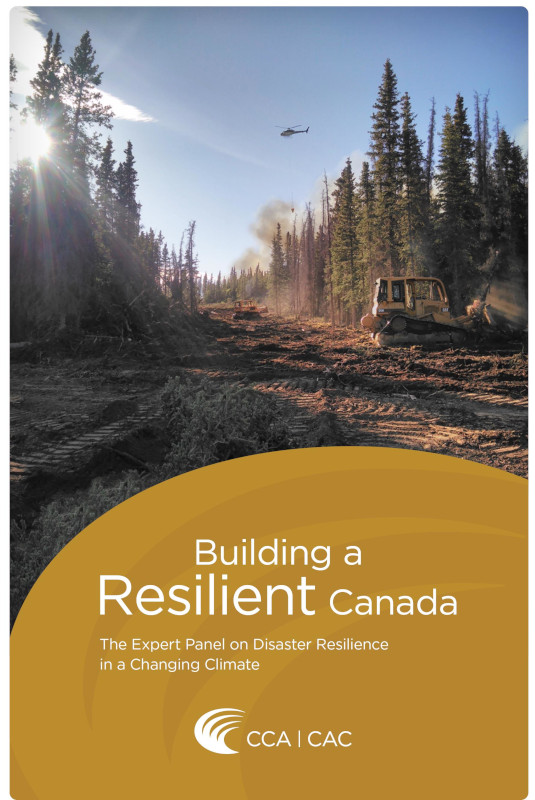📢 "Last 26 April 2022, the CORE EU-funded project organised its first webinar “Resilience of the society: a global perspective” that was all a success.
🌐 Almost 70 persons registered from 28 countries all over the world, representing a wide range of stakeholders (Universities & Research centres, Governmental agencies including ministries, European & International organisations including UNICEF, NGOs & Associations, European institutions including the Joint Research Centre (European Commission), and companies) and various domains (Disaster risk reduction, Climate change, Crisis management, Youth, Inclusion, Volunteering, etc.)."
📚 The Press Release, recording and all the presentations (PDF) are available here.
---
🗣 “CORE has the ambition to answer one of the EU Key Strategic Orientations: creating a more resilient, inclusive and democratic European society.” - CORE Coordinator Paolo Capuano (Università degli Studi di Salerno).
.png)

